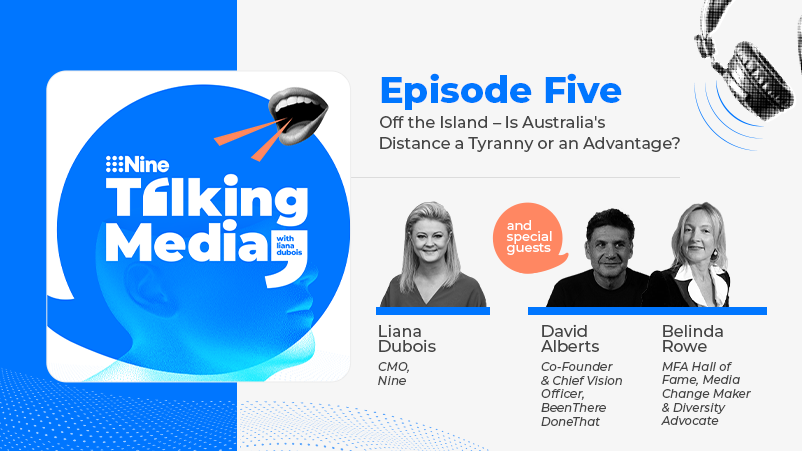'Conversational commerce' to usurp websites within five years?
AI-driven ‘conversational commerce’ is the future of brand communication and sales, according to Alex Spinelli, former lead engineer for Amazon’s Alexa voice assistant. “Websites have failed most businesses,” he suggests. “Companies should stop working on their websites and apps, go learn AI and machine learning and start thinking about how conversations and dialogues are the new web design.” (AFR’s CMO Brief)
Key points:
- LivePerson CTO Alex Spinelli thinks conversations will overtake web and apps as primary brand interface within five years
- AGL, Bankwest, Open Universities, Optus and Qantas investing in platforms
- Boom in messaging apps means older generation comfortable with channel, younger people demand it
- Open Universities Australia managed 450,000 chat and messaging conversations last year, up 42%, its highest usage channel
- “I easily see [usage] tripling” – OU Australia GM, Andy Sheats
- Open Universities rolling out AI but sees it as “driver assist, not autonomous driving”
- LavenderCX's Will Lavender disagrees with Spinelli, says most people “visually orientated”, want words, pictures and information, so improving all channels is key
It's a big call to write-off websites and apps in five years but conversational commerce, without question, has a massive growth trajectory. If it can improve customer experience - and the customer experience kings from Accenture are all over this - then watch the take-up. The "tango" between AI and humans simultaneously in a customer service or buying event that Alex Spinelli talks of, is real. It delivers efficiency for a company and more satisfied customers.
There’s no doubting the rise of both voice and messaging. But replacing websites and apps? Look around – people are glued to their phones. The quest for visual perfection on Instagram is creating new tourism problems, and occasional fatalities, around the world. People also need information before making any purchases – that tends to come from websites. It’s also questionable how many people want to have conversations with a bot, given many now eschew talking to each other in favour of reading stuff, or looking at pictures or videos online. So much so that some pubs are banning phones in a bid to get people talking to each other again.
While there's clearly a difference between people's browsing habits for fun and when they are interacting or transacting with brands, displacing that learned behaviour within five years is a push. But as the next generation grows up in a world of AI-powered smart speakers and assistants, who knows?



